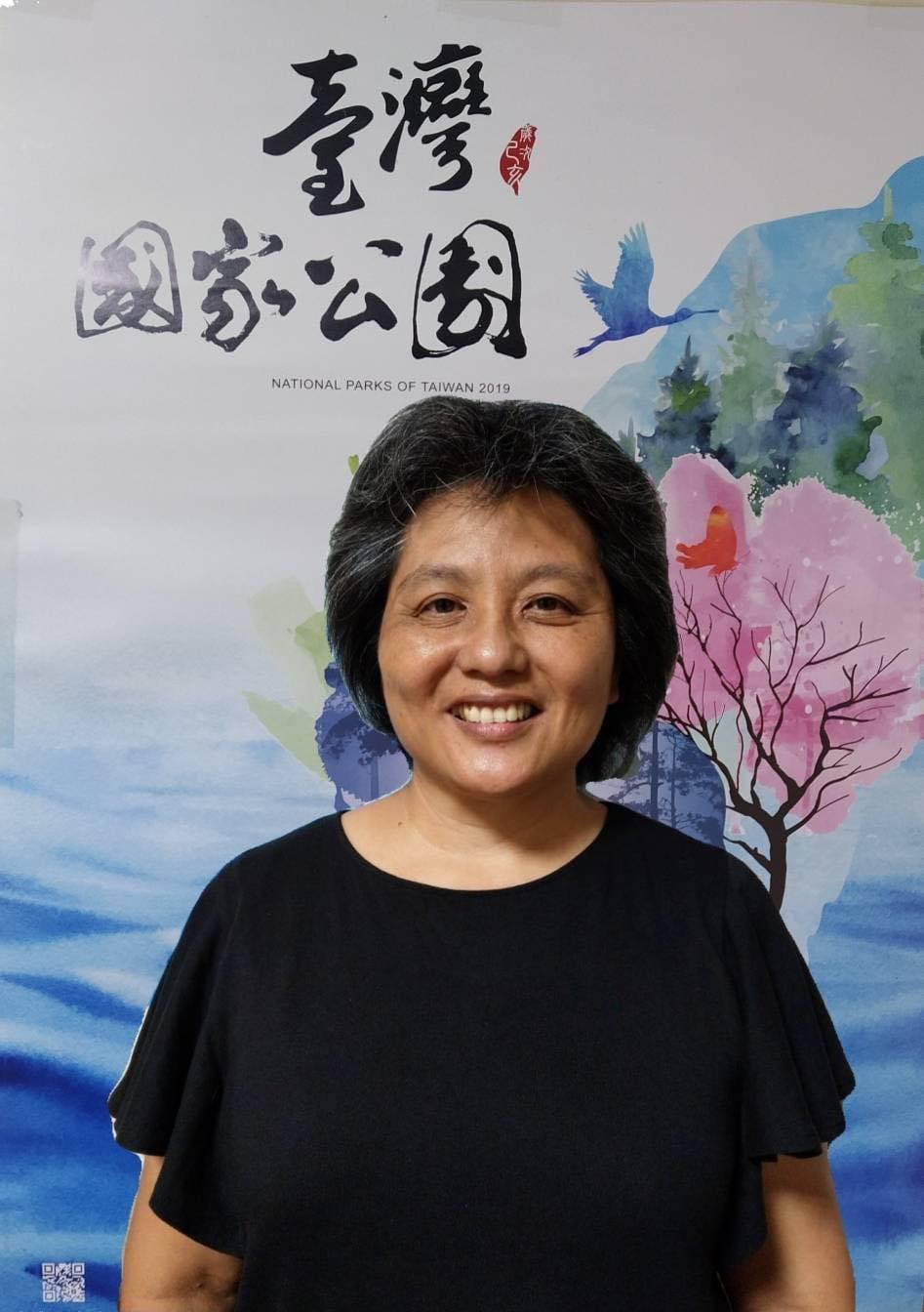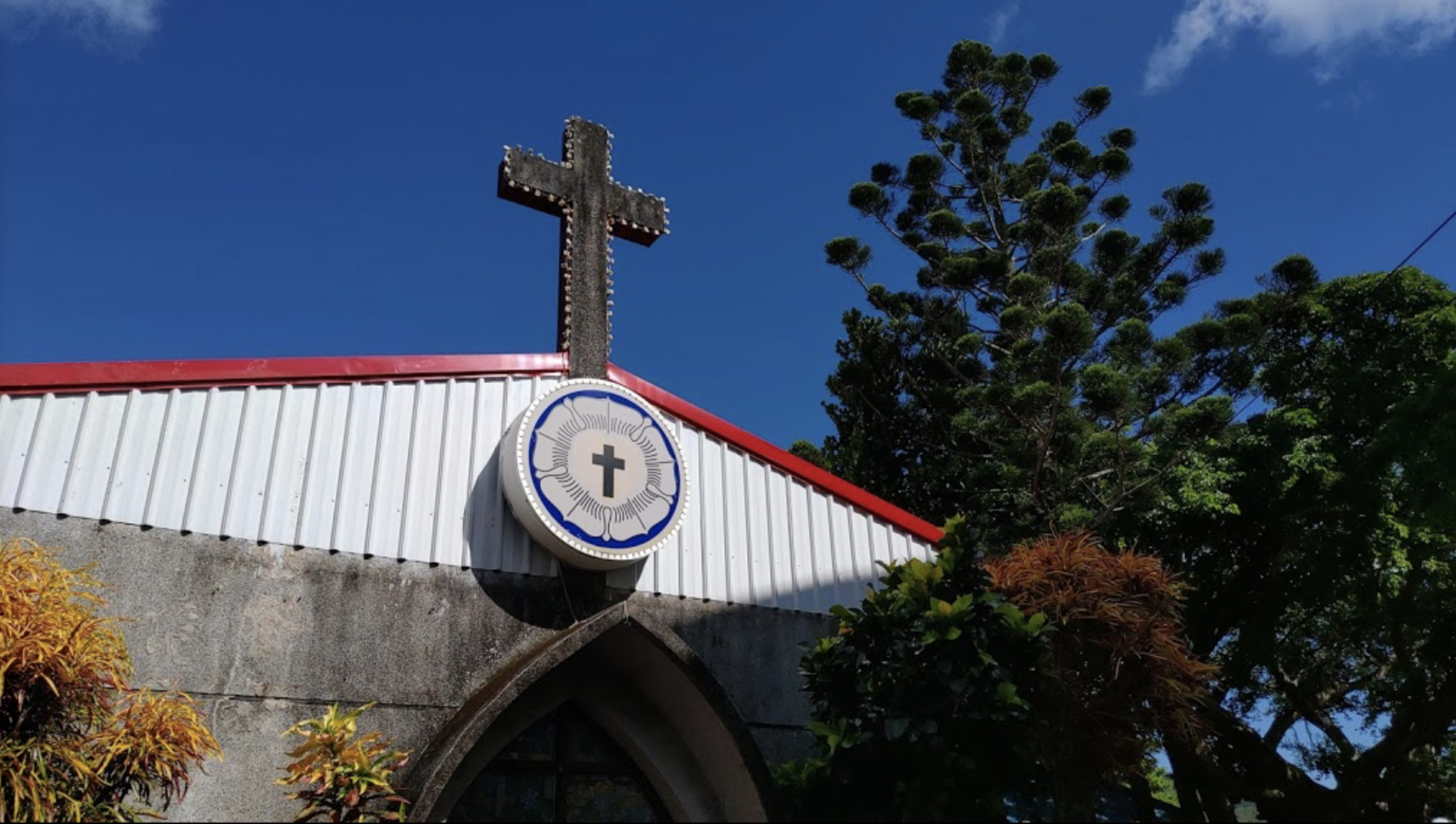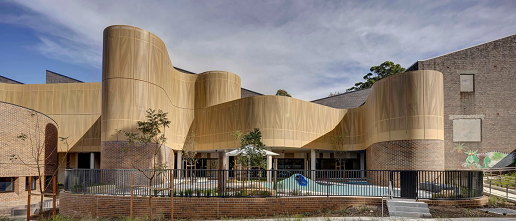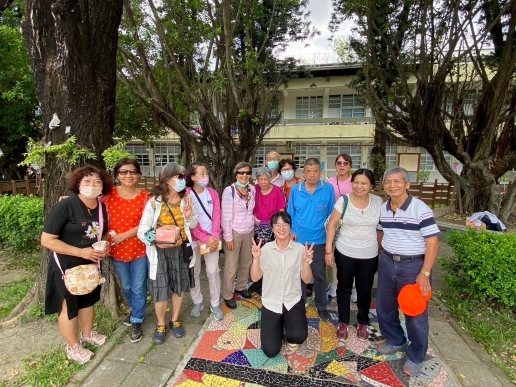There are many people in Taiwan who serve immigrants silently for many years without being known. According to【4 Way News】, Pastor Chen Shu-zhen (陳淑貞) is one of them. Chen serves in the Manchurian Church of Chinese Church and Organization (中華民國台灣基督教信義會滿州教會) and has a lot of insights and experience in helping migrant workers.
Chen was born in a Christian family and has paid special attention to people of different cultures and foreigners since she was a child. Speaking of the road of serving immigrants at the beginning, she said, “When Taiwan began to have a large number of immigrants and migrant workers, I did not have a special opportunity to serve them, and can only offer individual greetings or concerns.”
 Chen was born in a Christian family and has paid special attention to people of different cultures and foreigners since she was a child. Image courtesy of 4 Way News.
Chen was born in a Christian family and has paid special attention to people of different cultures and foreigners since she was a child. Image courtesy of 4 Way News.
“In 2013, I was transferred to Manchuria Church. At that time, Pastor Sha Jia-ling (沙佳玲), a Finnish missionary who participated in the Philippine Fellowship of Hengchun Christian Hospital (恆春基督教醫院), invited me to take over her service in this fellowship because she was about to leave Taiwan,” Chen added.
Read More: NIA continues to suspend aliens’ application of extending stay duration
Chen then began to get in touch with a large number of immigrants. “Because of language and work, these immigrants could not really participate in the church services and gatherings. Except for the weekly fellowship time, there was no fixed church life for them. Later, some immigrants started to attend the prayer meeting of the Manchurian Church. The church, because of their needs, started to open English bible-reading classes,” she said.
On December 31, 2013, that night was originally the time for church prayer meetings, and churches in Taiwan often hold New Year’s Eve prayer meetings on that day. However, Chen worried that most of the migrant workers who work at homestays will be very tired during that time. When Chen was thinking about what to do, those immigrants not only expressed that they wanted to meet as usual, but also asked Chen if they could prepare some food.
“For most Taiwanese, the real ‘Chinese New Year’ is the ‘Lunar New Year’. It is easy for us to ignore those ethnic groups that ‘do not celebrate the Lunar New Year’, and many Filipino sisters of our church do not have the chance to spend this ‘year’ with their families. Thus, we have made a promise that every New Year’s Eve, we will gather together and celebrate,” Chen said.
But the path of church service has not always been smooth. For example, Chen found that Philippine immigrants usually have problems in language learning, and some people face financial difficulties, family and marriage disputes, and they also need professional assistance.
In the part of language learning, Chen observed that compared with other Southeast Asian migrant groups, those from Philippines seem to learn more slowly. Therefore, they may be weak when facing problems or be teased and abused. Also, they often cannot read Chinese letters or communicate with their children.
“Because in Pingtung, almost all of the family members of immigrants use Taiwanese to communicate, so they speak Taiwanese better. However, as their Taiwanese are not formally learned, they are not very standard. They also did not learn the government’s Chinese course well. This has a great impact on communication, and it makes people look down on them even more,” she said.
As for family and financial difficulties, Chen also helps as much as possible. For example, she assists in reading and explaining documents, reminding immigrants of precautions, so as not to accidentally omit or violate the law. Also, she seeks professional or government resources to help immigrants obtain assistance and protect their rights. Finally, focusing on the spiritual level, Chen accompanies every individual, listens to their difficulties, and encourages them to face challenges.
Regarding how to help immigrants integrate into Taiwanese society from the perspective of the church, Chen believes, “The church is a faith group and the body of Christ. God brings people together to support and love each other, and to experience God’s grace and blessings together. Therefore, I think the church should take the initiative to care for the immigrants around it. Through caring and visits, we can find needs, provide resources, and help solve problems.”







